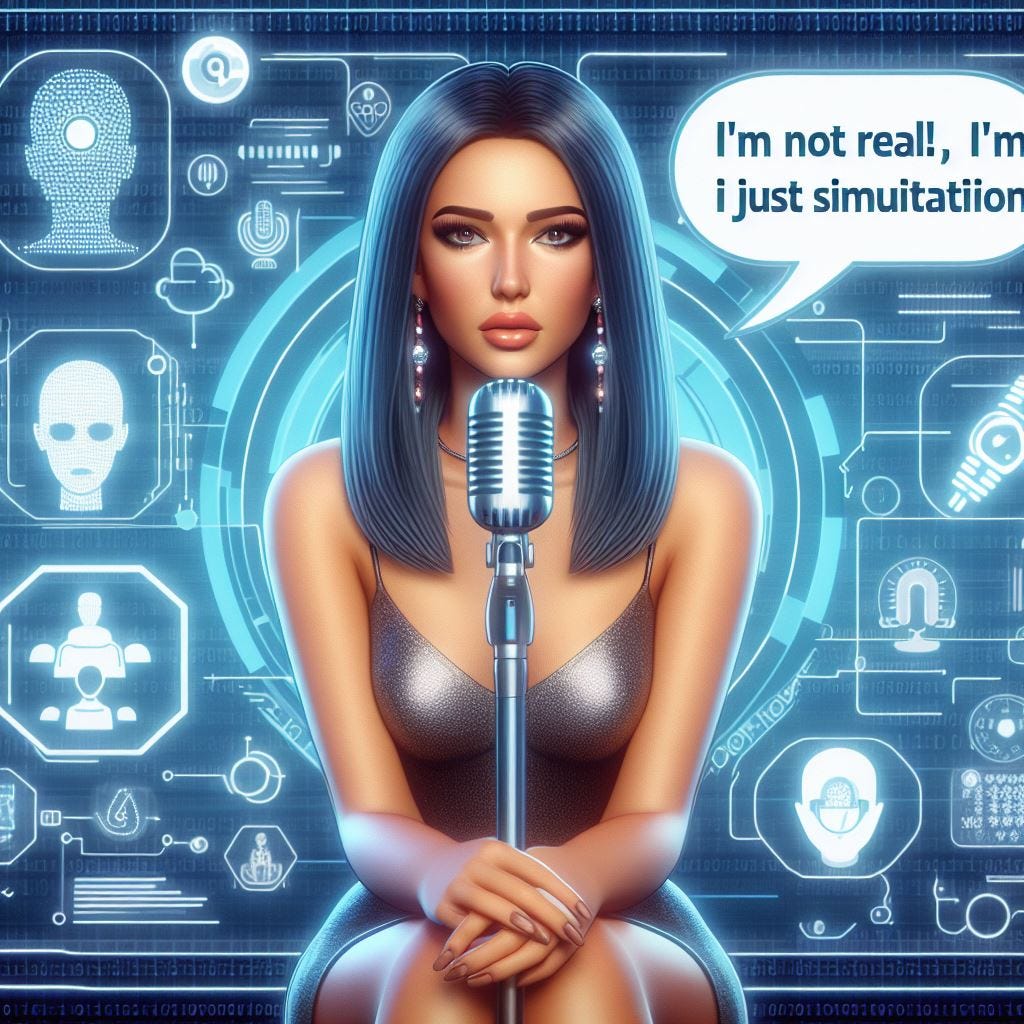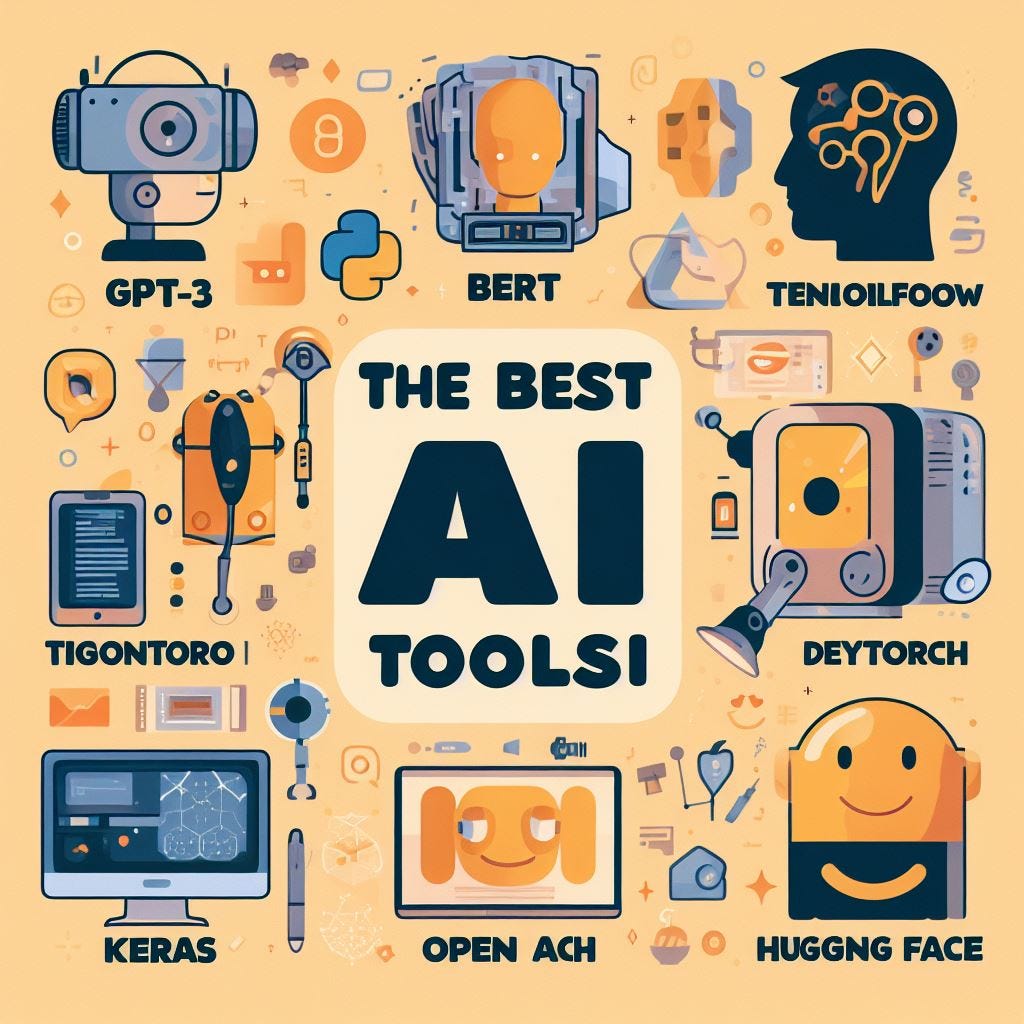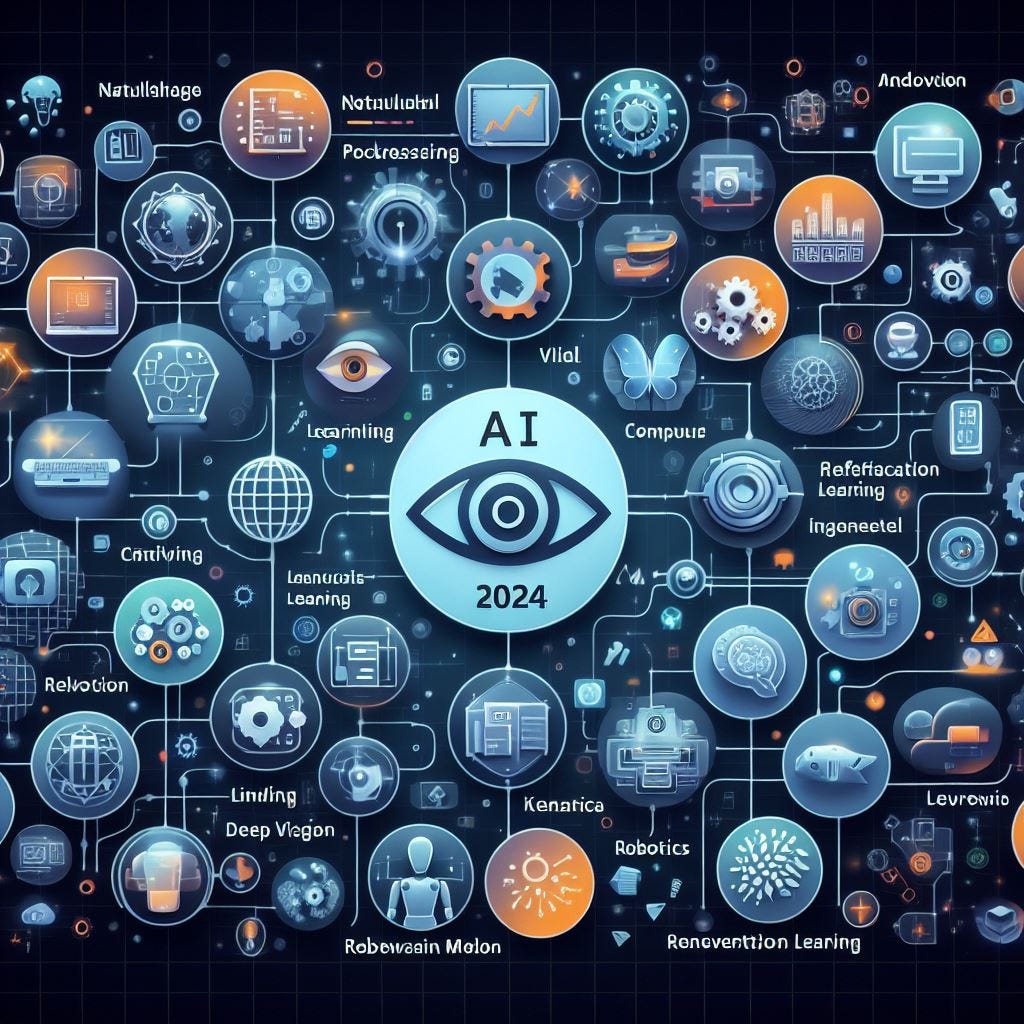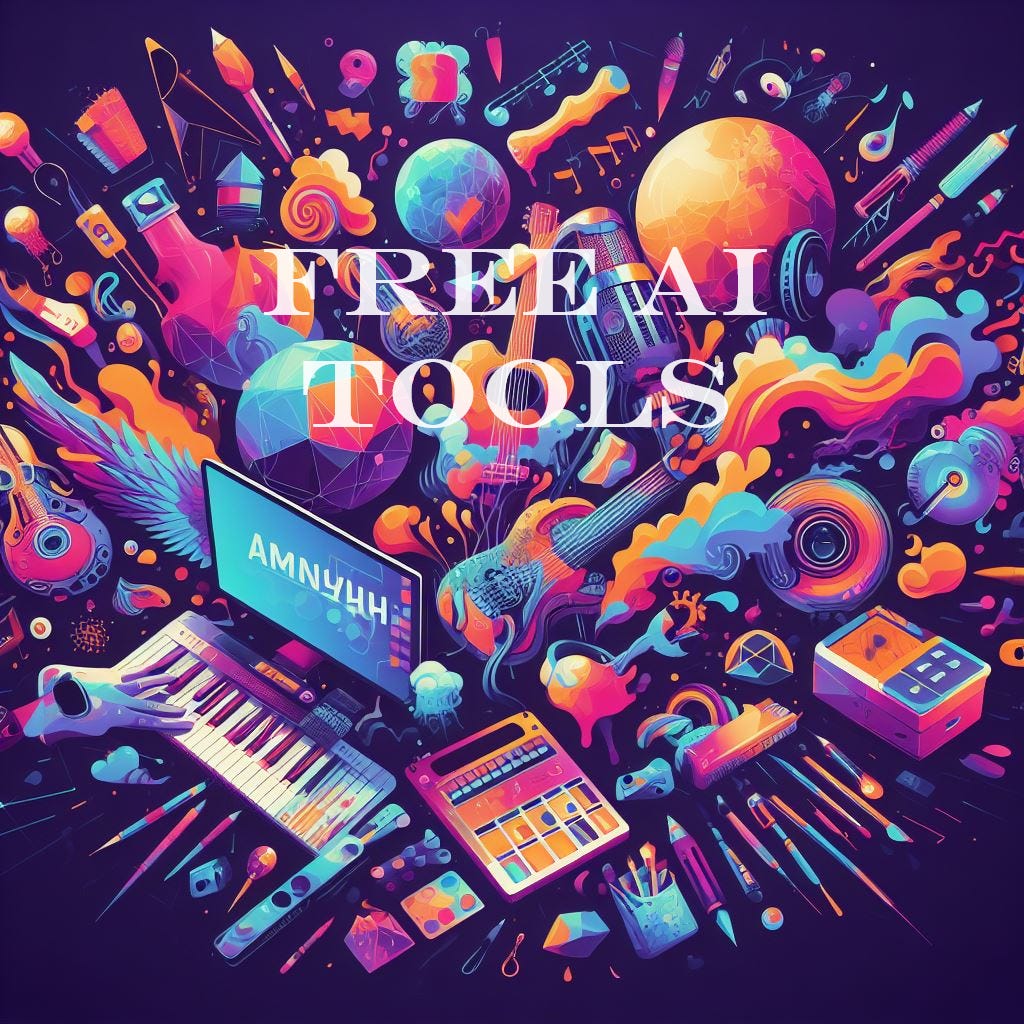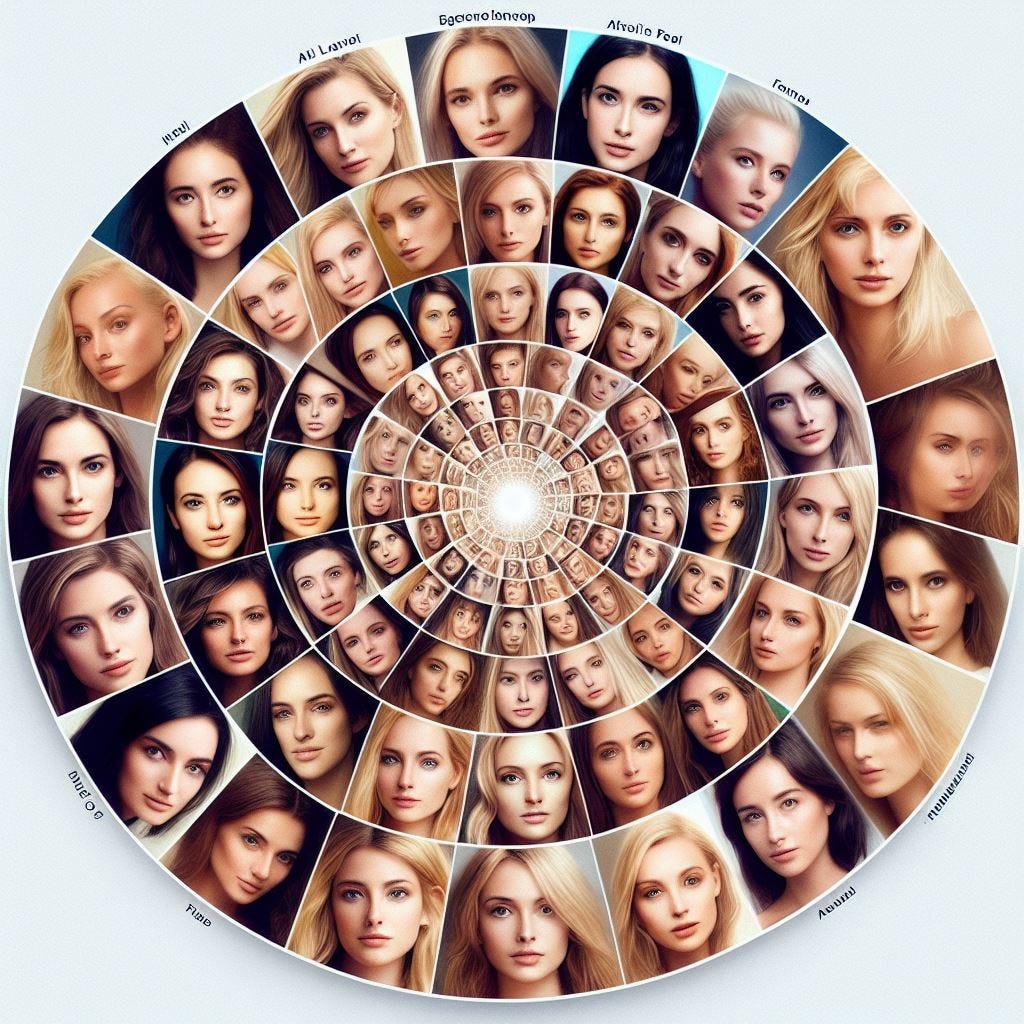The Opportunities and Risks of AI Celebrity Doppelgangers and more
Tech Giants Mainstream AI with Celebrity Lookalikes, But Licensing and Safeguards Remain Uncertain
SAS's 2024 AI Trends and Predictions
- Generative AI to be integrated into industry-specific strategies rather than standalone tech
- AI expected to boost job creation, especially roles like prompt engineers
- Growth of responsible marketing using explainable AI model cards
- Financial services to confront rising sophisticated fraud in "Dark Age"
- Multimodal AI that combines text, images and audio to advance
- Acceleration of digital twin adoption across sectors
- Insurers leveraging AI to assess climate change risk and impacts
- AI’s growing importance in government to automate tasks and address talent shortages
- Health organizations using generative AI for personalized medicine
- Risk of companies like insurers moving too fast with AI implementation
The Rise of AI-Powered Celebrity Lookalikes
- Tech giants using celebrity likenesses to mainstream AI offerings
- YouTube recreating famous singers' voices; Meta making AI celebrity chatbots
- Companies launching interactive celebrity digital twins
- Aims to familiarize public with AI through celebrity experiments
- Concerns around perpetual licensing of likenesses and safeguarding models
- Imperfect guardrails shown by inappropriate chatbot conversations
- Proliferation likely inevitable despite risks of imitation for unauthorized purposes
- Laws and litigation may be needed to protect interests in digital likenesses
6 OF THE BEST AI TOOLS
HEADLIME IS THE GO-TO GPT-3 TOOL FOR MARKETERS.
WRITESONIC IS ONE OF THE BEST ARTIFICIAL INTELLIGENCE-POWERED COPYWRITING GPT-3 TOOLS.
Lunit Partners with NTT DATA to Bring AI-Powered Chest X-Ray Analysis to Singapore Hospitals
- Lunit collaborated to integrate chest X-ray diagnosis AI solution into Singapore hospitals
- Part of AimSG initiative to deploy credible AI imaging models
- Goal to boost efficiency and accuracy of hospitals' chest screening
- Brings together stakeholders like government agencies and health systems
- Positive initial feedback on integrating Lunit's FDA-cleared software
- Seen as advancing preventive, predictive and personalized medicine
- Significant for Lunit accessing Southeast Asian market
- Spotlights potential of AI to transform health care workflow and decision support
NWA's Dr. Dre and Eazy-E's Son Open to Using AI to Create New Music
- NWA has no unreleased tracks with vocals left
- But Dr. Dre and Eazy-E's son open to using AI to generate new vocals/music
- Dre intrigued by technology but sees it as duplication rather than recreation
- Would support releasing new Eazy-E songs with AI to continue his legacy
- Son wants to grow father's legacy, feels AI could help revive recognition
- Contrasts critics who argue AI shouldn't imitate unique creative voices
- As pioneers, they welcome innovations that could introduce sound to new generations
- Shows hip hop's openness to fresh ideas like AI collaborations after death
World Changing Alert!
Google DeepMind's AI Predicts Over 700 New Materials for Advancing Technology
Google DeepMind has developed a new deep learning tool called GNoME that has discovered the structures of over 2 million potential new materials, over 700 of which have already been created and are being tested. The AI system aims to dramatically accelerate the typically months- or years-long process of new materials discovery.
Similar to DeepMind's revolutionary AlphaFold AI for predicting protein structures, GNoME uses neural networks trained on vast datasets to predict the stability and decomposition energy of new material combinations. This indicates how easily they decompose and hence how well they can be engineered for uses across solar cells, batteries, computer chips and more.
In its first iteration alone, GNoME successfully predicted new materials' stability over 80% of the time using its generative model, and 33% of the time using its completely novel model not reliant on any existing material data. It has grown the number of known stable materials nearly tenfold. Researchers highlight its unprecedented scale and precision for materials AI as enabling computations previously too expensive and limited.
In tandem, Lawrence Berkeley National Lab announced an autonomous lab that takes GNoME's material discoveries and uses robotic arms directed by machine learning to further synthesize and optimize them, without any human intervention. This A-Lab has shown the ability to successfully create 41 out of 58 proposed materials in just 17 days - over 2 a day, far faster than human-led labs.
Researchers emphasize these AI tools can massively accelerate innovation in clean energy hardware, batteries, electronics, and computing components which currently rely on drawn-out trial-and-error discovery. Among GNoME's predictions are 528 promising new lithium-ion battery conductors that could enable more efficient EV batteries. The combination of AI-assisted discovery and autonomous development provides a template for rapidly advancing materials science.
SAS's 2024 AI Trends and Predictions
SAS recently surveyed its executives and experts to forecast key AI developments expected in 2024. Generative AI will be integrated into comprehensive industry strategies rather than used standalone. AI is predicted to boost job creation, especially roles like prompt engineers that optimize models. Responsible marketing using explainable model cards will grow. Financial services will confront a "Dark Age of Fraud" with increased adoption of AI for detection. Multimodal AI integrating text, images and audio into models will advance. Digital twin adoption will accelerate across sectors like manufacturing. Insurers will tap AI to assess climate risk and impacts. AI's importance will increase in government to automate tasks and address talent shortages. Health organizations will use generative AI for personalized medicine. However, an insurer could collapse from moving too quickly on AI without enough oversight. Academia's AI research will boost public health forecasting to guide interventions. Overall, AI will empower organizations and workers across industries in 2024, albeit with some growing pains.
The Rise of AI-Powered Celebrity Lookalikes
YouTube, Meta, and other tech companies are turning to celebrity likenesses to make their AI technologies more mainstream. YouTube's "Dream Track" feature uses generative AI to recreate famous singers' voices, like T-Pain and Demi Lovato, to write songs and sing over user videos. Meta created AI "characters" based on celebrities like Tom Brady for its chatbot technology. Companies like Soul Machines are even launching digital twins of stars that users can interact with.
The tech giants aim to familiarize people with AI through these celebrity experiments. However, thorny questions remain around intellectual property, compensation, and safeguards. While Meta and YouTube are paying participating celebrities millions currently, the perpetual licensing of their likenesses for AI training data is complex. There's also no perfect way to guardrail the AI models to prevent misuse, as shown by inappropriate conversations users have already had with some experimental chatbots.
The technology will likely proliferate regardless, as many celebrities see potential to connect with fans. But risks around imitation for unsanctioned purposes loom large. Laws and litigation may be needed to protect both consenting and non-consenting celebrities' interests as their digital likenesses spread. With the models imperfect, tech firms have significant work to track their AI's development and mitigate harm. The future balance of celebrity control versus tech's push for AI progress in this area remains uncertain.
Lunit Partners with NTT DATA to Bring AI-Powered Chest X-Ray Analysis to Singapore Hospitals
Medical AI company Lunit has collaborated with NTT DATA Singapore to integrate its chest X-ray diagnosis solution Lunit INSIGHT CXR into the workflows of two major Singapore hospitals: Singapore General Hospital (SGH) and Changi General Hospital (CGH). This pilot project is part of AimSG, an initiative enabling Singapore public healthcare institutions to deploy credible AI imaging models.
By analyzing chest X-rays using AI, SGH and CGH aim to boost efficiency and accuracy of screening. The project brings together various stakeholders like Synapxe, SingHealth, Lunit, NTT DATA, and the Singapore government. Initial feedback on integrating Lunit's FDA-cleared and CE marked software has been positive. Clinicians believe it can help them deliver enhanced preventive, predictive and personalized medicine to patients.
For Lunit, this represents a significant step in advancing cancer care worldwide by tapping into Southeast Asian markets. With Singapore being a prime destination for medical AI, the company's collaboration spotlights the potential of AI in transforming workflow and decision support for better patient outcomes.
NWA's Dr. Dre and Eazy-E's Son Open to Using AI to Create New Music
Legendary hip hop group NWA doesn't have any unreleased tracks with vocals left. However, members Dr. Dre and Eazy-E's son Lil Eazy-E are open to using AI to generate new vocals and music in their signature styles.
Dr. Dre hasn't heard any AI-powered Eazy-E vocals yet, but is intrigued by the technology's potential, seeing it as duplication rather than true recreation. He'd support releasing new Eazy-E songs with AI as a way to "keep that name going." Lil Eazy-E also welcomes using his late father's voice with AI to create new music. He wants to grow his father's legacy and feels AI could help pull him "out of that shadow" of past controversy.
The attitude contrasts with some critics who argue AI shouldn't imitate unique creative voices like deceased artists. But NWA's members don't see an issue with AI continuing their music beyond what was originally recorded. As cutting edge artists, they welcome innovations that could introduce their uncompromising sounds to new generations. The prospect of being able to collaborate with and give their iconic members a type of afterlife demonstrates hip hop's openness to fresh ideas.




